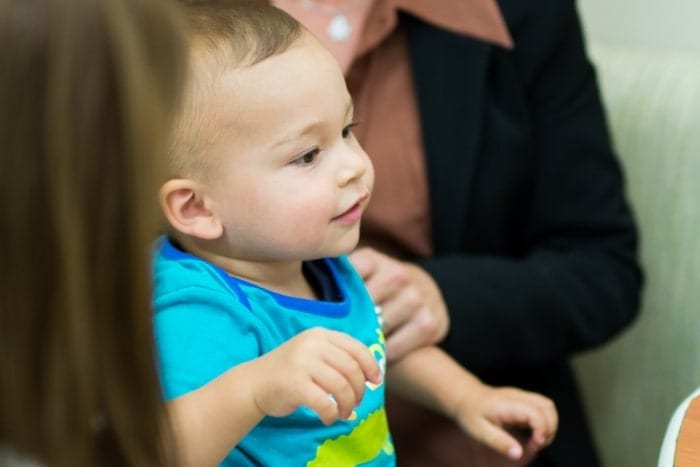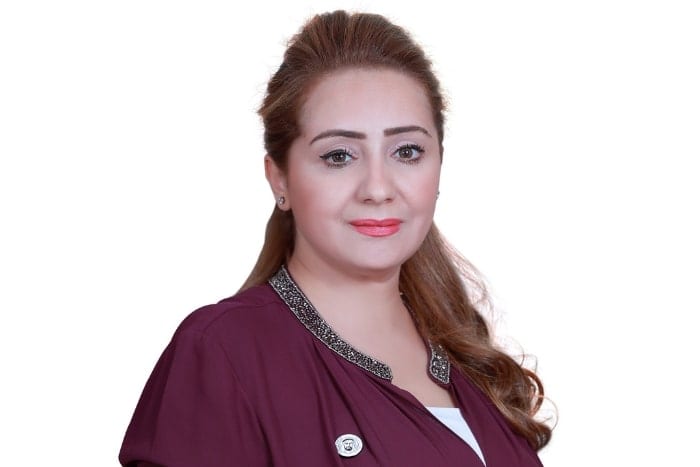Parents worry about whether their children are hitting all the right milestones at all the right ages. Speech is usually at the top of their concerns. Here are five tips for parents.
1. The right age for producing the sound “R”
Many children can say a correct “R” sound by the time they are five and a half years old, but some do not produce it until they are seven years old. In general, if your child is not producing the “R” sound by the first grade, you should consult with a Speech-Language Pathologist.
2. Baby talk use
Never use “baby talk” (ham, miam miam, etc.). Also, do not judge or compare your child’s speech or articulation and never make fun of it. Instead, repeat back the words or sentences with the correct pronunciation or word usage stressing the words you feel he or she can’t produce. Appreciate your child for what he is able to say. If you feel that your child’s speech skills are not developing as they should, you may want to reach out to a Speech-Language Pathologist to rule out a speech language developmental delay.
3. Screen time Exposure
If your child watches TV alone, he or she will be 8.47 times at risk to have language delay than those who interact with their parents, siblings, or caregivers while watching television. According to the American Academy of Pediatrics (AAP), children older than 2 years should not spend more than an hour in front of any screen—even if it’s educational or interactive. Toddlers lesser than 2 years of age should not be exposed to touchpads or TV at all.
If your child has been exposed excessively to screens and you feel that he or she has less vocabulary than his or her peers, you may need to consult a Speech-Language Pathologist to screen and assess his or her speech and language development.
4. Early Language Milestones
Your baby starts to learn what others are saying and doing even before he or she is born. A newborn doesn’t know the precise meaning of the words you use, but it picks up on a parent’s emotions, such as happiness, sadness, love, concern, anxiety, and anger. By the time a baby is 7 months old, it will respond to its own name, and by 8 to 12 months, it will understand simple directives such as “No” or “Don’t touch.”
Around 24 months, a toddler will be able to talk to you in two- or three-word phrases. By about the age of 3, he or she should a vocabulary of a couple hundred words and a pretty good sense of the rituals and activities of everyday life.
If, by the age of 2, your child can’t follow simple directions, speak in two-word sentences, doesn’t make good eye contact, can’t point to body parts, and doesn’t know what to do with common objects such as a phone, a brush, or spoon, consult a Speech-Language Pathologist.
You might also consult a Speech-Language Pathologist if, by age 3, he or she can’t operate simple puzzles, can’t be understood by strangers most of the time, walks or runs unsteadily, or loses skills he or she once had.
5. Helpful Tips to boost language development
Talking and reading to your child help learn good communication skills. Start reading to your child when he or she’s an infant and you’ll give your child a boost in learning speech and other new skills. Although your child won’t understand the words or be able to follow a story, he or she will grasp that reading is pleasurable, calming, and a nice way to spend time with you.
Playing with your child also helps him or her learn more about the way the world works. Challenge him or her with age-appropriate toys and games to encourage his or her mental and physical development.
Be affectionate and show your child how much you love and care. Give your child a safe, loving environment at home—that’s the best way to raise a happy, self-confident child. Praise good behaviour more than you point out bad behavior. Try to encourage behaviours you want to see in your child about four times more often than you redirect bad behaviours. You’ll like the results—and your child will, too.
Ms. Sara Bachar currently holds the position of Speech and Language Pathologist at HealthPlus Children’s Specialty Center.
Learn more about HealthPlus Children’s Specialty Center at www.hplus.ae/children



